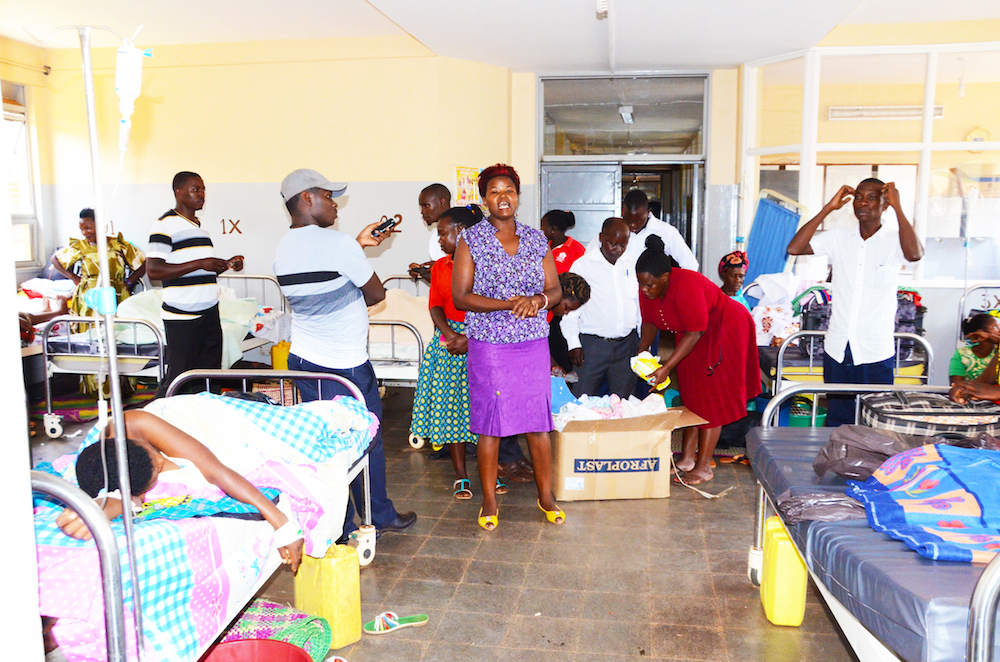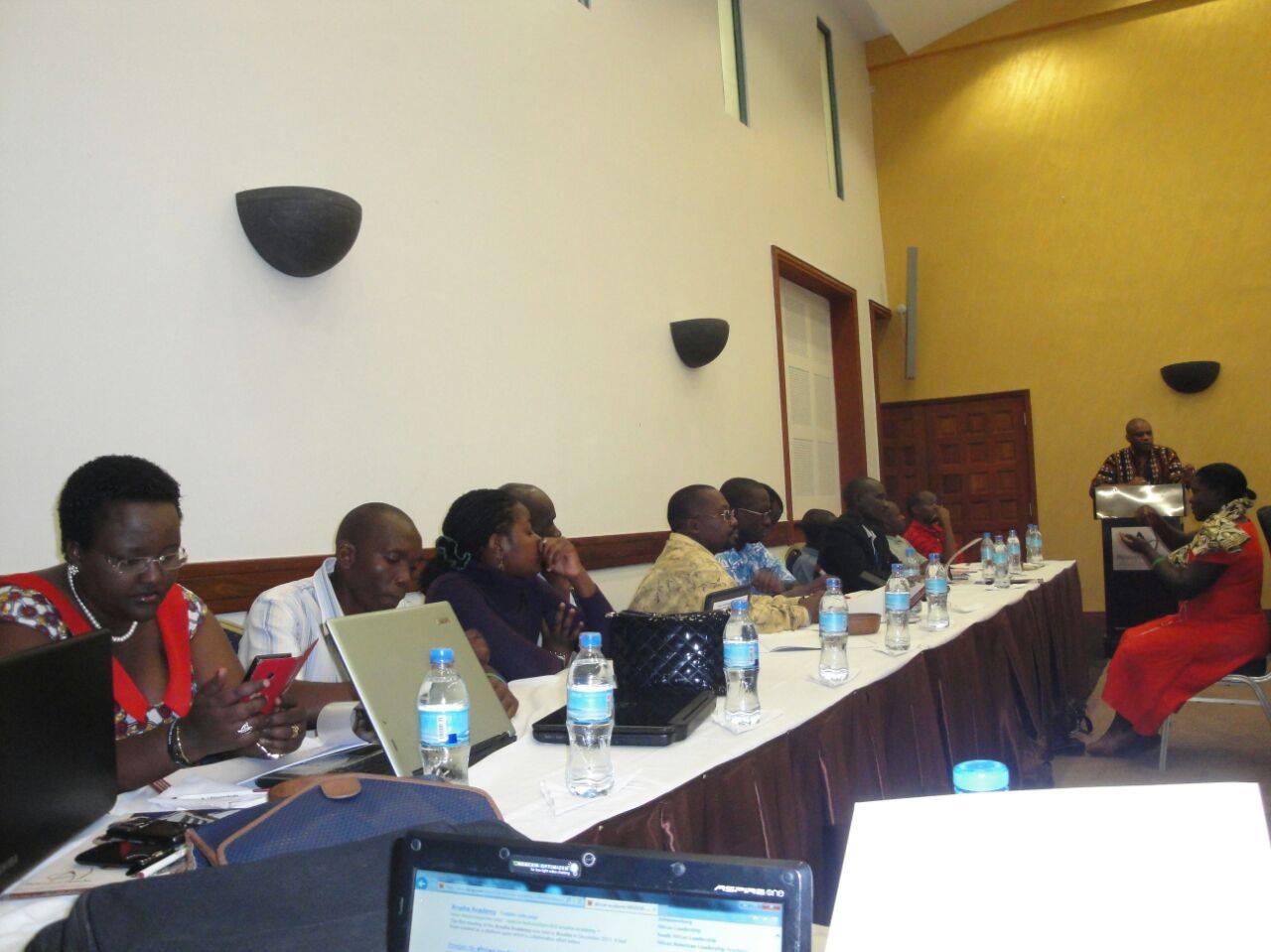The Uganda Law Society (ULS) is an Association of all advocates in Uganda. It has different clusters and one of them is the health and the Law cluster chaired officially by Mr. Mulumba Moses the Executive Director, CEHURD. It was launched in December 2017 and has already been nominated as the best performing cluster in 2018. The mandate of the cluster is to inform the ULS on the trends and topical issues in health and the law as an area of practice and guide on the ULS intervention in this area.
On the 15thday of February 2019, the Health and the law cluster had an evening chat to discuss,as a topical issue, health and the law through the lens of media practitioners.The Health and the Law cluster members had a face to face interaction with journalists on challenges they face while investigating health and the law issues in Uganda and discussed how best the Uganda Law Society through the Health and the Law Cluster can support them even as they undertake investigations on controversial topics.
This meeting brought together media persons, medical practitioners and lawyers to discuss legal issues affecting health in Uganda especially looking at access to health goods and medicines in light of the current stock outs and theft of drugs. The journalists complained of police harassment and lack of capacity in terms of knowledge of the law when they are carrying out their work.
We were able to increase awareness on the health and the law issues among lawyers since this is a one of kind meeting with the health and the law cluster of the Uganda Law society which is a start of many more to come.The cluster committed to be available for providing legal aid to medical personnel and journalists promoting the right to health. This will in turn create synergies between the lawyers in the cluster and the medical professionals and journalists.
By Laker Gloria



